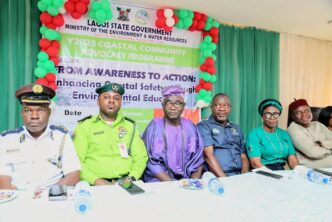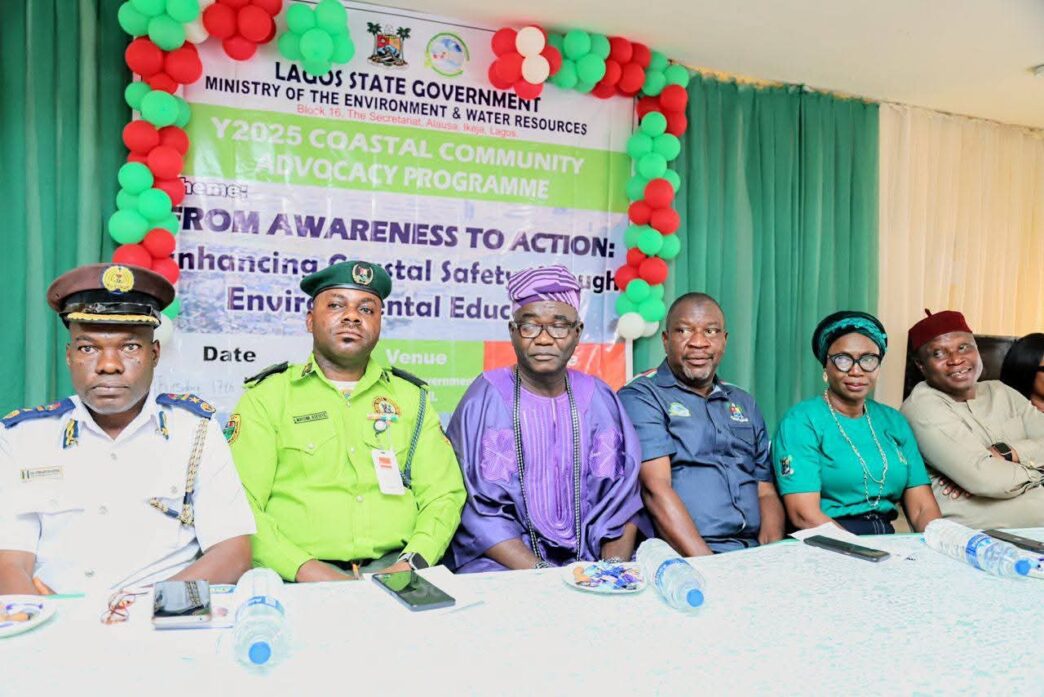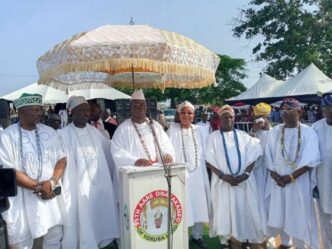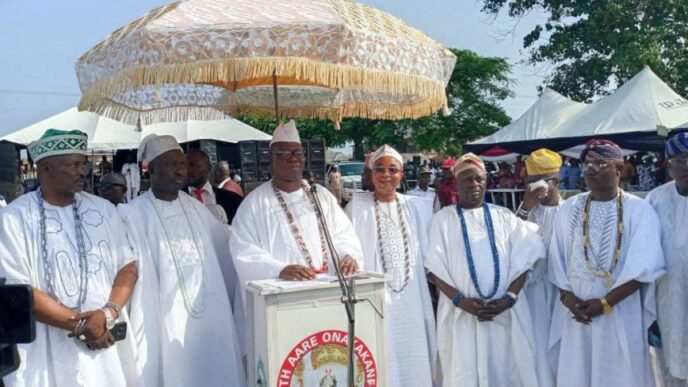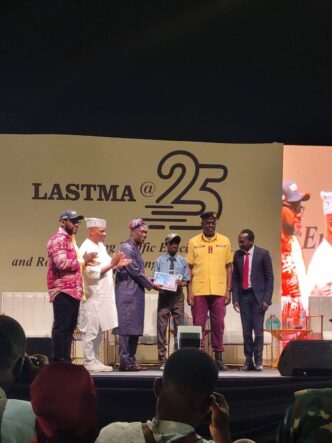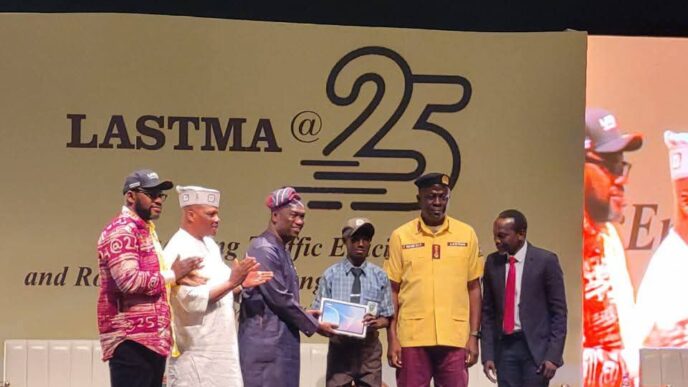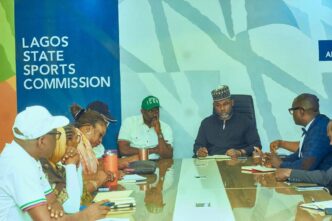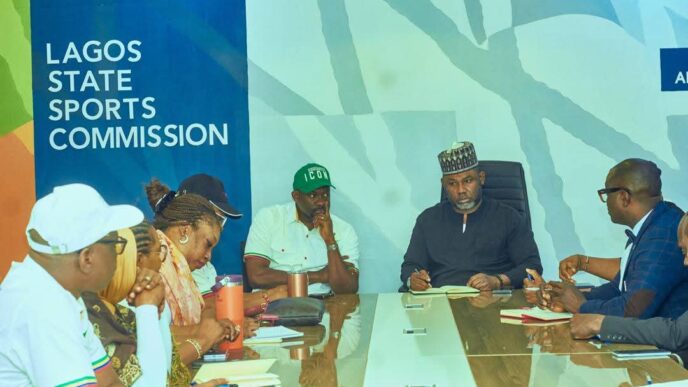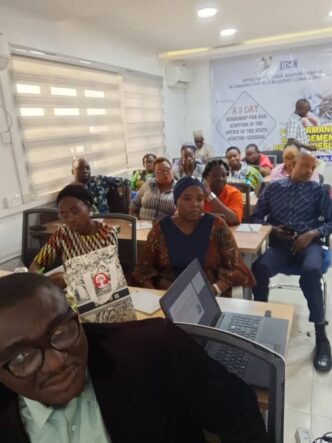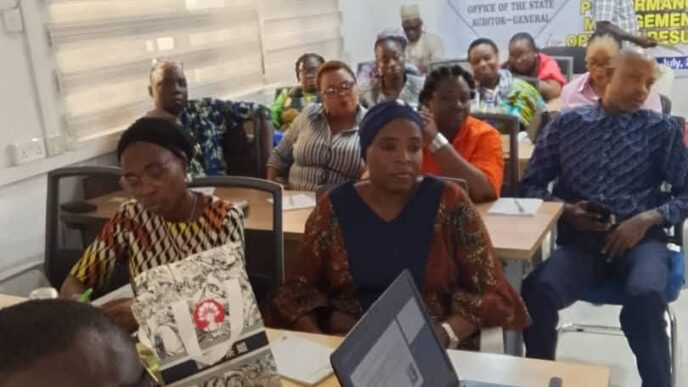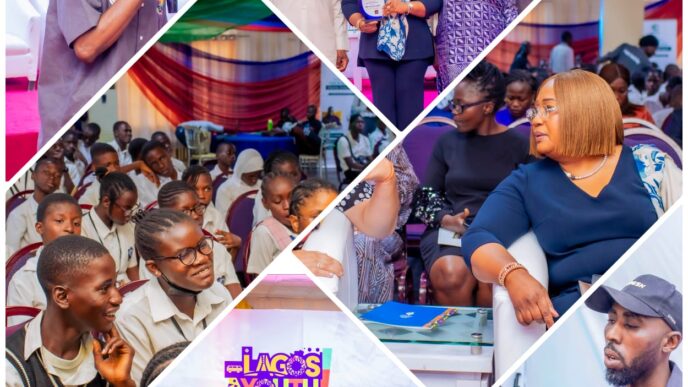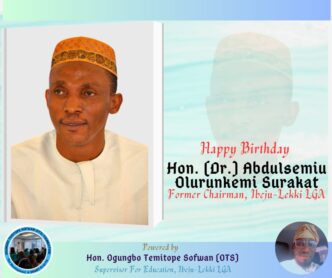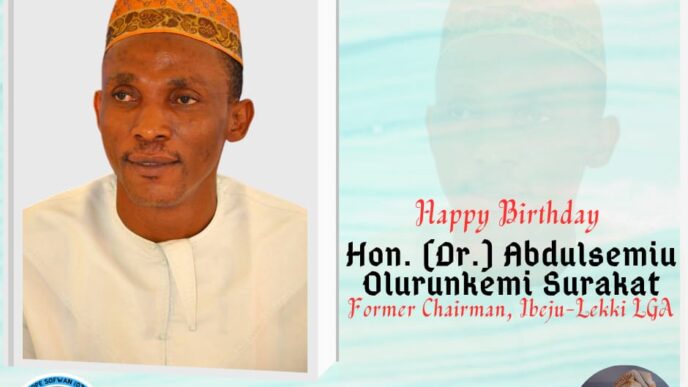As flood risks continue to loom over coastal communities, the Lagos State Government is calling on residents to do more than wait for government intervention it’s time to change attitudes and take personal responsibility for the environment.
EpeInsights gathered that at the 2025 Coastal Community Advocacy Programme held in Ikorodu, the Permanent Secretary, Office of Environmental Services, Dr. Gaji Omobolaji, delivered a clear message declaring that lasting solutions to flooding must begin with the people.
Speaking through Mrs. Mosurat Banire, Director of the Environmental Education Unit, he emphasized the need for a mindset shift among residents living in flood-prone areas.
This year’s advocacy programme carried the theme “From Awareness to Action: Enhancing Coastal Safety through Environmental Education”, and it couldn’t be more timely.
As Dr. Omobolaji put it, Lagos is a low-lying coastal city—vulnerable not just to the forces of nature like rising sea levels and heavier rainfall, but also to the harmful habits of its own residents.
“Let us move beyond discussions. Let’s all walk the talk,” he urged.
“We must commit to sustainable lifestyles and influence others to do the same.
According to Dr. Omobolaji, the root causes of urban flooding in Lagos go beyond climate change. Human activities like indiscriminate dumping of waste, blocking of drainages and illegal construction on floodplains are making things worse.
While the government continues to invest in infrastructure rehabilitating drainages, protecting shorelines, and running community sensitisation programmes, these efforts can only succeed if residents play their part.
“Community environmental advocacy is more than just awareness—it’s about behavioural change,” he said.
“It empowers people with the knowledge they need to protect their communities.”
Environmental advocacy also includes practical actions: keeping drains clean, reducing plastic use and working hand-in-hand with community leaders and civil society for long-term impact.
Speakers at the event echoed the same message: the fight against flooding starts at home, in the markets, on construction sites and in everyday sanitation habits.
Deputy Director of Environmental Education, Mrs. Olufunke Olaleye, noted that flooding in Lagos isn’t just the result of climate change. Poor waste disposal, illegal structures, blocked drainage systems, and the disregard for urban planning rules all contribute significantly.
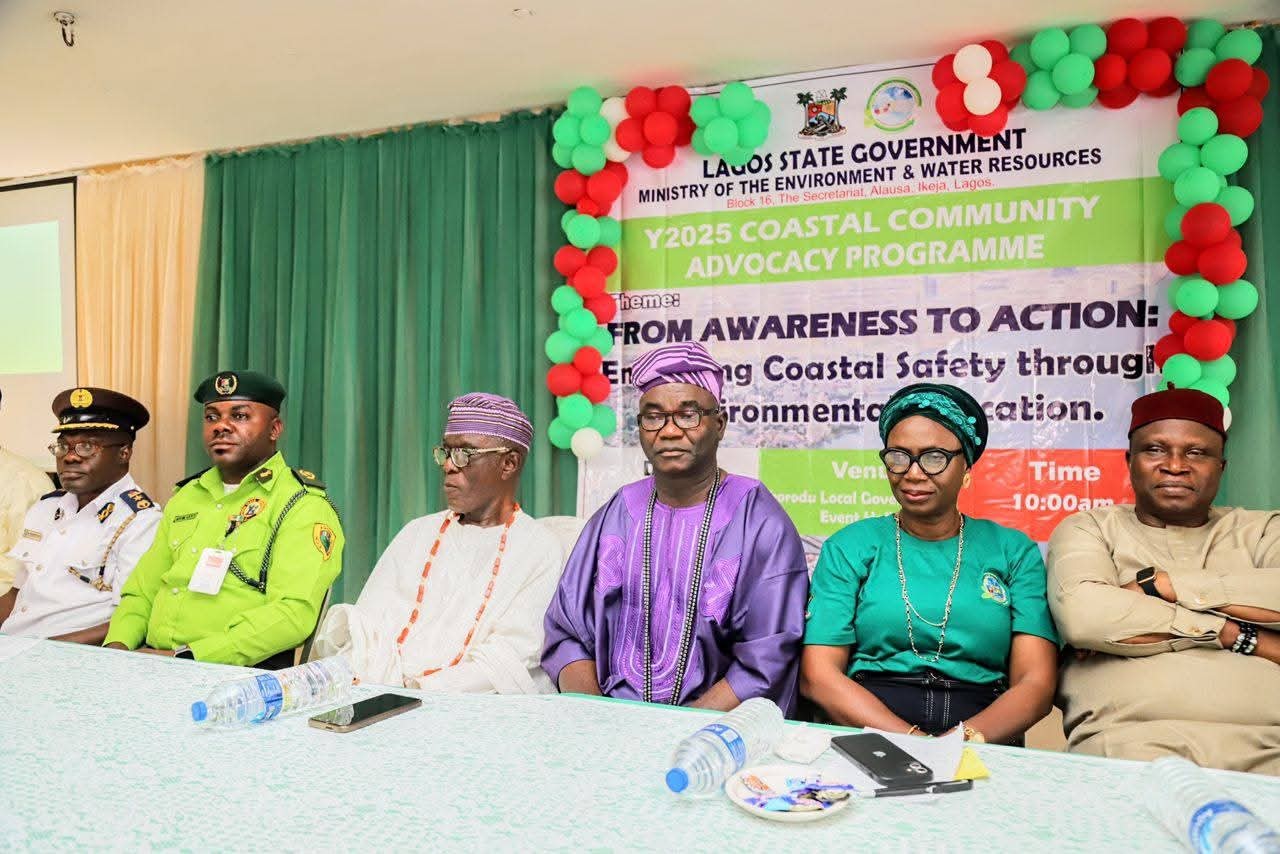
In a thought-provoking presentation, Dr. Olasunkanmi Sojinu, Director of Environmental Assessment, described the human-environment relationship as that of “Siamese twins.” He reminded participants that Earth is our only home, and the harm we do to the environment ultimately harms us.
His list of harmful habits included; bush and refuse burning, air pollution from generators and vehicles, cutting down trees indiscriminately, blocking drains and water channels as well as open defecation and poor sanitation practices.
